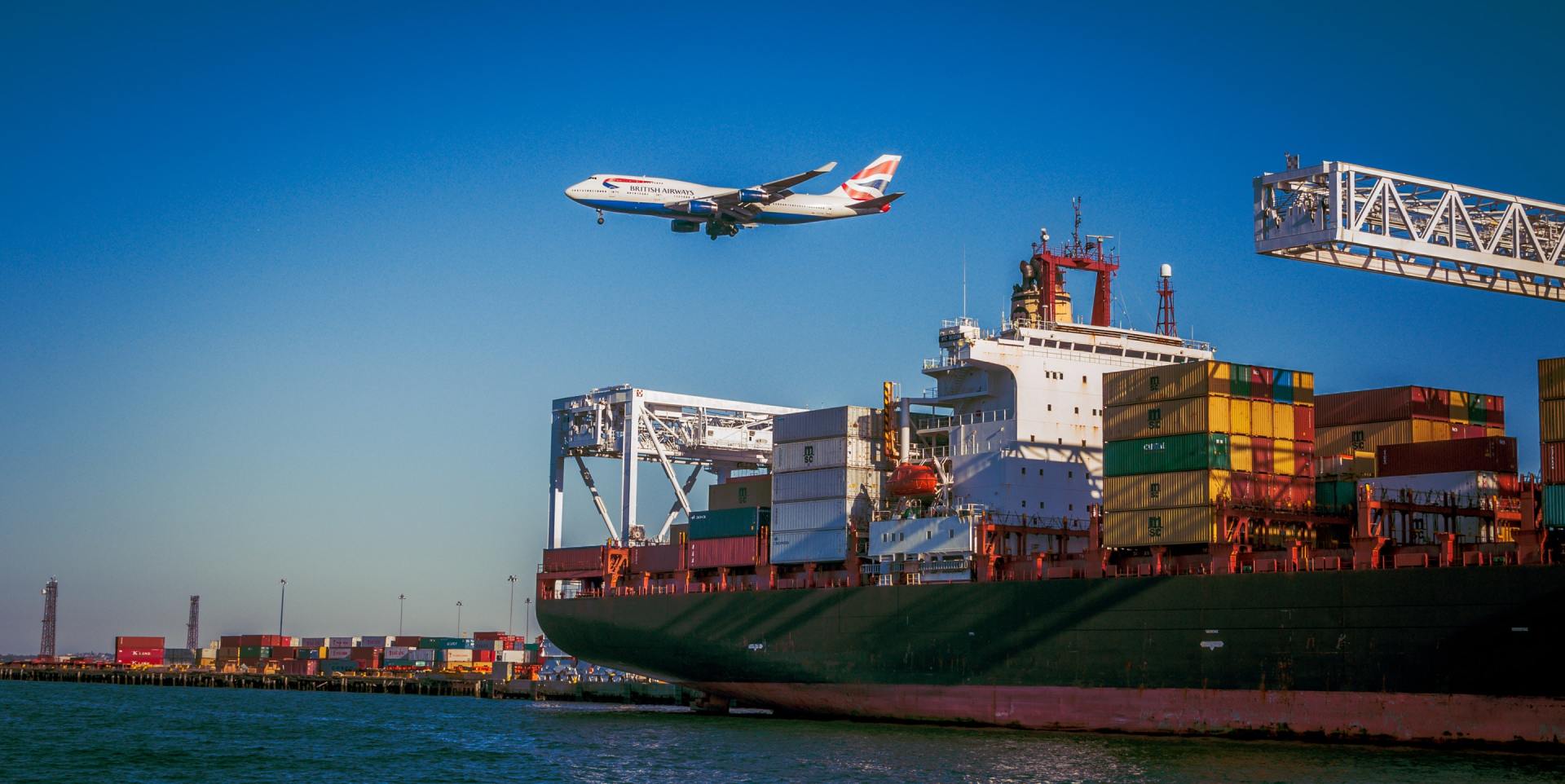By David Lavery
•
06 May, 2019
While trade relations with China have been strained for some time, the latest tariff hikes significantly escalated the customs clearance situation. President Trump's move to raise tariffs from 10% to 25% on $200 billion of Chinese products dramatically upped the tensions between the United States and China and raised the specter of additional sanctions. China's Commerce Ministry quickly responded by imposing countermeasures on $60 billion of US goods. China's response will increase tariffs up to 25% on more than 5,000 US products. Sources also report duties on other US goods will increase to 20%. Those increases were enacted following the failure of talks in Washington designed to end the trade dispute that's clouded global financial markets for months. The US alleged that the Chinese delegation was backtracking on agreements made during previous negotiations. Asian markets have been mixed since the announcements, as investors struggle to understand where the market is likely to go now. The over-riding fear is that the estrangement between the two financial powerhouses would stifle international economic growth. Many of the issues at the heart of the disagreement between the two nations are based on long-standing complaints that China has been erecting barriers to their markets and making it virtually impossible for outsiders to compete with Chinese companies. American companies are insisting China's regulatory system be updated to provide a more level playing field for companies doing business in China. However, that country has been unwilling in the past to negotiate significant changes in the way foreign businesses are allowed to do business in China. On the upside, negotiators are suggesting the Chinese government doesn't have much more to threaten US companies with. Conversely, the penalties added to China's goods entering the United States impact a large percentage of that country's market. Both sides of the conflict publicly stated, after the talks fell apart, that they sincerely wanted to resolve the conflict and establish a policy both countries would find acceptable. China's Vice Premier, the leader of the Chinese delegation, publicly stated China wanted to avoid increasing the tariffs as they would cause more harm to world trade conditions. President Trump also made a statement following the talks and suggested he and Chinese President Xi Jinping would almost certainly be speaking by phone in the near future. One of the major issues remaining is the US claim that China has, for years, been taking advantage of American companies. The allegations include claims the Chinese have consistently forced US trade partners to revealing trade secrets and advanced technologies to Chinese companies. According to US representatives, those moves are in place to assist China's ambition to become a global technology powerhouse. In addition, US exporters charge the Chinese government has routinely instituted policies that slow customs clearances for US products entering China and hampered production efforts by increasing regulatory oversight. Even though both sides of the current conflict refused to share details of the backsliding claim, business leaders and negotiators all appeared to be unhappy over the situation. Without more information coming from the negotiators, it's not likely onlookers will ever know what problems arose during the talks. Chinese negotiators also want the new tariffs lifted immediately if an accord can be reached. In response, US negotiators want the tariffs to be left in place until it's proven the Chinese are living up any new agreement. There is some logic to the US stance, as the Chinese government has a long history of breaking commitments agreed to during similar types of negotiations. The American Chamber of Commerce in Shanghai weighed in by suggesting "A real enforcement mechanism is crucial to ensure that neither side can go back on their commitments." That statement suggests US companies may be willing to participate in a verification process if such an agreement can be reached. However, to this point, neither the negotiators nor President Trump have responded to the Chamber's statement. On the Monday following the breakdown of negotiations, Treasury Secretary Steven Mnuchin stated both sides were still trying to move the negotiations forward. Mnuchin announced the discussions were productive but the two sides were, to that point, unable to reach an accord. President Trump has also commented, stating China must take steps to address grievances involving technology transfer issues and ongoing trade deficits. Trump continues to insist the new tariffs will be bad for China and that country should not retaliate. Now, Trump is taking the situation to a new level, threatening to impose tariffs on Chinese goods that, so far, have not been penalized. At the same time, the President signaled he the tariffs would remain in place and, ultimately, hurt China more than the United States. That's a claim many people dispute, retorting that the real burden of the Chinese tariffs will, instead, fall on American consumers and businesses.







